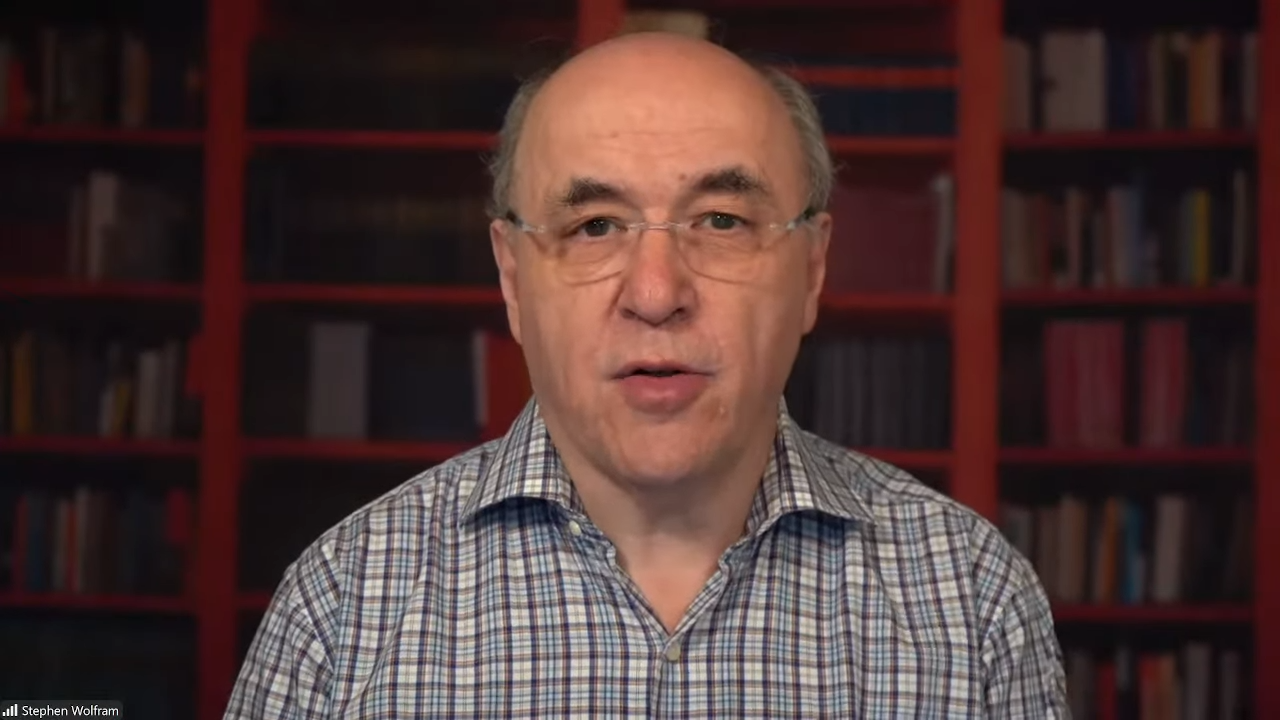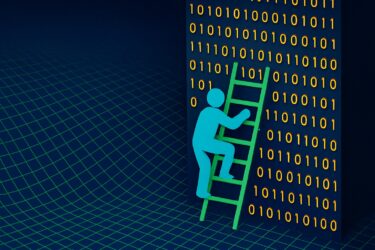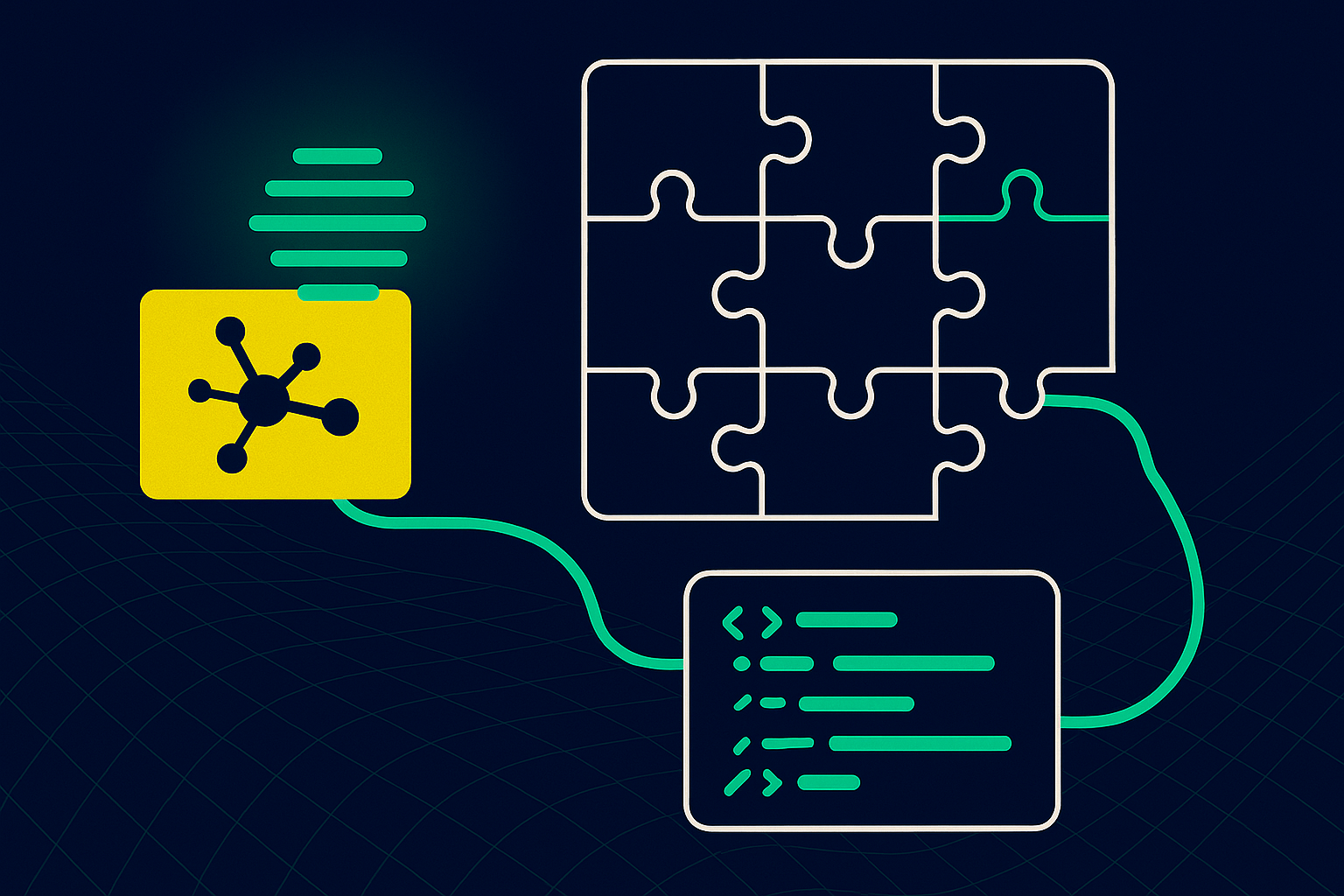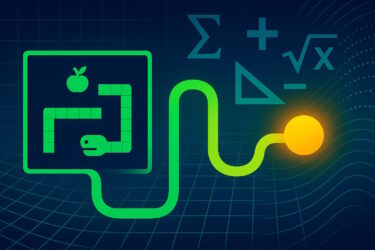Stephen Wolfram, the well-known physicist and computer scientist, warns against unrealistic expectations for AI but also sees great opportunities for scientific progress and social change if we learn to deal with it.
In an interview with Reason magazine, Wolfram shares his hopes and fears about AI. Opinions are divided: Some fear that AI systems will destroy humanity, while others think they are not good enough to do anything interesting.
Wolfram himself sees AI mainly as a further development of automation through technology. It raises the foundation for human action to a new level.
However, generative AI systems, which are based on neural networks and human training data and work with predictions, have limited use in science.
They have been good at predicting human inventions like language. But they're limited when it comes to natural phenomena because many physical processes can't be calculated in advance, Wolfram says, describing AI models as "a brain-like thing to do brain-like things." There is no guarantee that they can understand the natural world.
One positive development, he says, is the possibility of AI tutors to provide individualized support and motivation for students. He also sees potential in communication with authorities and in political decision-making, but warns against blindly handing over responsibility to machines. Instead, new political thinking is needed.
AI is neither good nor bad but reinforces human tendencies, Wolfram stresses. If AI is restricted too much, it will produce little that is new.
If you give it free rein, it will do things that you could neither predict nor want. You have to find a balance between creativity and control. It's similar with humans.
"It happens in science. It's a 'be careful what you wish for' situation because you say, 'I want lots of people to be doing this kind of science because it's really cool and things can be discovered.' But as soon as lots of people are doing it, it ends up getting this institutional structure that makes it hard for new things to happen," says Wolfram.
Nevertheless, he also sees the collective effort in building an AI infrastructure as an opportunity for creative breakthroughs that would be denied to an individual: "You need that collective effort to raise the whole platform."







